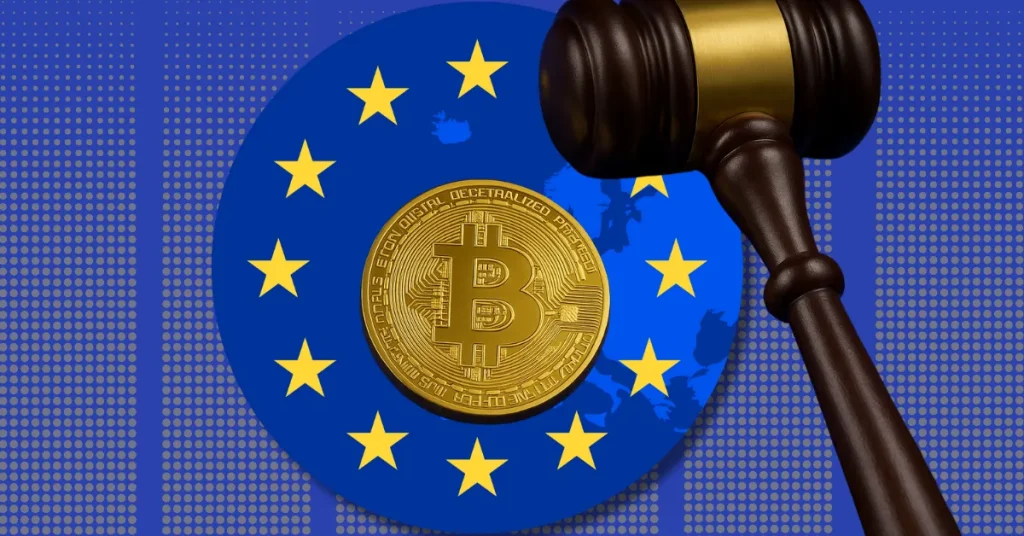
Macro-financial impact of cryptocurrencies
The International Monetary Fund (IMF) has issued a report to G20 countries discussing the impact of crypto-assets (virtual currencies) on macro-finance and warning of possible impacts on banks.
The report titled “Report to the G20: The Macro-Financial Impact of Crypto-Assets” was submitted to the G20 on February 13, 2019, in conjunction with the G20 Finance Ministers and Central Bank Governors Meeting held in February this year. It was opened to the public on March 13th.
The report focused its discussion on cryptocurrencies and stablecoins that do not have backing assets such as Bitcoin.
The IMF has warned that further penetration of these assets could have serious implications for macro-financial stability. Specifically, he argued that there would be considerable risks to the effectiveness and fiscal sustainability of monetary policy, exchange rate control and capital flow control measures.
He also said changes to central bank reserves and the global financial safety net could lead to financial instability. “Banks may lose deposits and may have to curb lending,” he said.
financial stability risk
Due to the high volatility of cryptocurrency prices, “unbacked cryptoassets and stablecoins without credible backing” could pose a risk of financial instability, the report said. “Stablecoins may eliminate the intermediary function of banks,” he said.
First, a sharp decline in cryptocurrency prices could lead to a “weakening of balance sheets” for investors, and financial institutions could also be directly affected through trading, custody and market-making activities.
He also pointed out that an indirect connection could be created by financial institutions providing financial services, such as extending credit, to cryptocurrency service providers, or by accepting cryptocurrencies as collateral for loans.
He also warned that a stablecoin run could occur, especially if regulation is poor, leading to large reserve liquidations and broader asset price impacts. Risk is amplified by leverage, concentration and correlation among cryptocurrency holders.
The IMF also believes that the proliferation of cryptocurrencies (mainly stablecoins) could eliminate the intermediation function of bank deposits, especially in countries with weak banking systems, and that savings would be diverted and credit intermediation weakened. said it would.
Role of the IMF
The IMF states that the agency’s role is to provide accurate information to enable governments to make sound policy decisions. Participating countries want reliable data.
Therefore, an important goal was to develop more detailed, relevant, comparable and consistent data.
The IMF has done a lot of research and published reports on cryptocurrencies and their policies. While generally positive about the technology that underpins cryptocurrencies, we have repeatedly warned against the risks associated with their use and spread from the standpoint of maintaining the stability of the currency system.
In a paper titled “Elements of Effective Policy for Virtual Currencies” published in February this year, it states that “virtual currencies should not be given official or legal tender status in order to protect monetary sovereignty and stability. .” is taken up with the highest priority.
connection:IMF Executive Board Evaluates Effective Policy Elements for Cryptocurrencies
The post IMF warns of cryptocurrency impact on banks: G20 report appeared first on Our Bitcoin News.

 2 years ago
125
2 years ago
125














 English (US) ·
English (US) ·